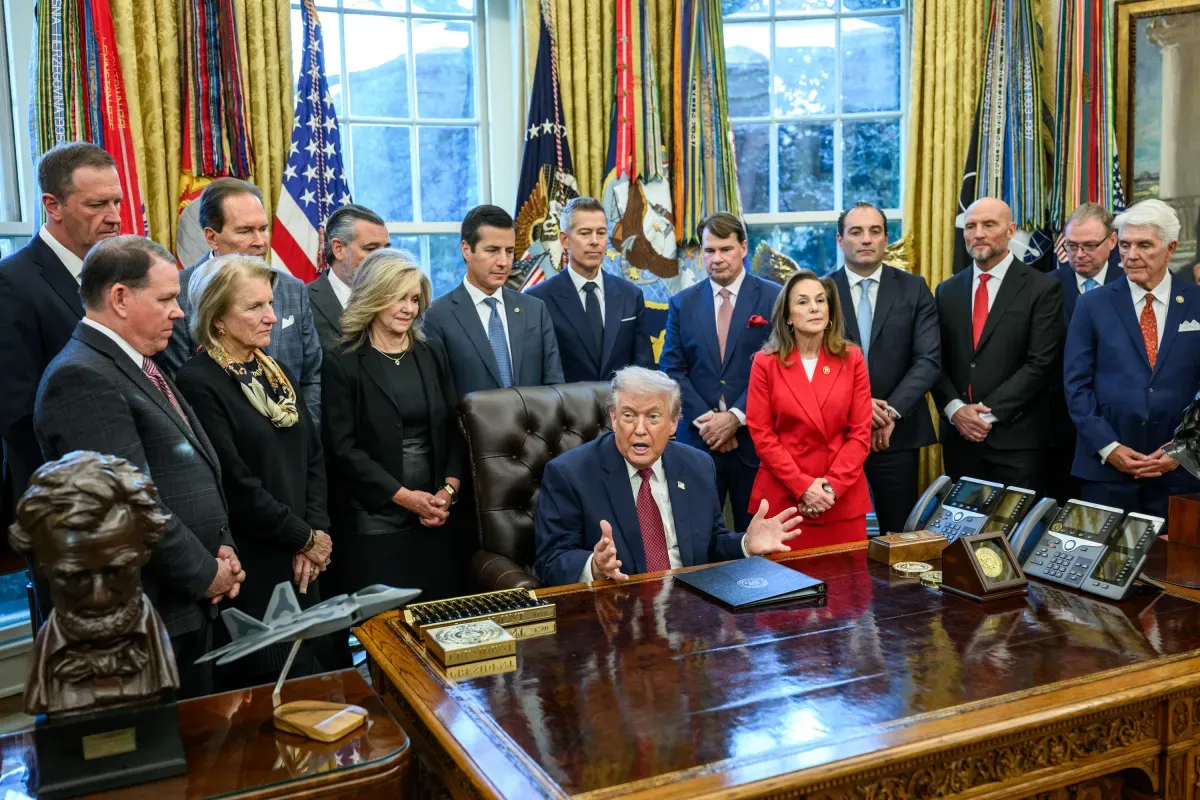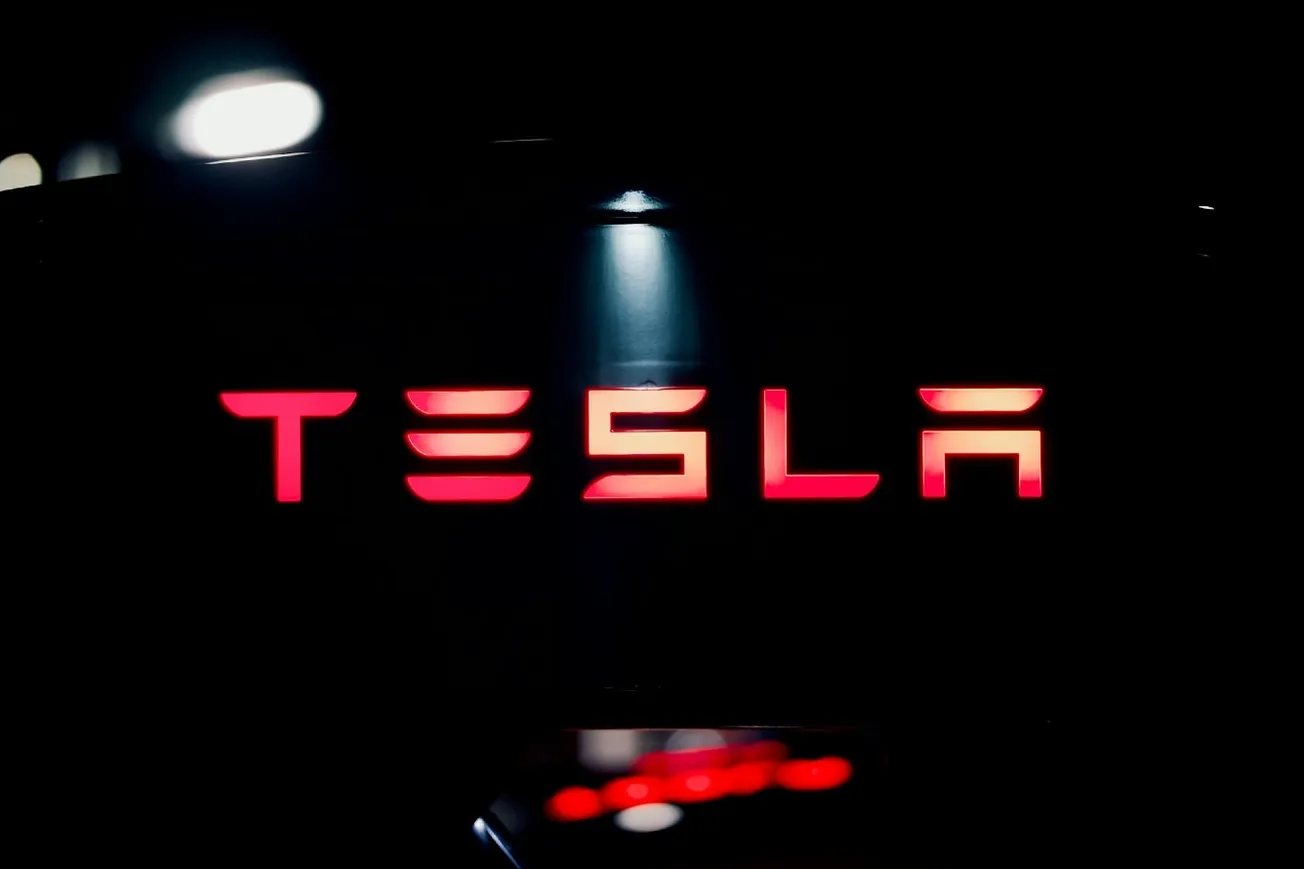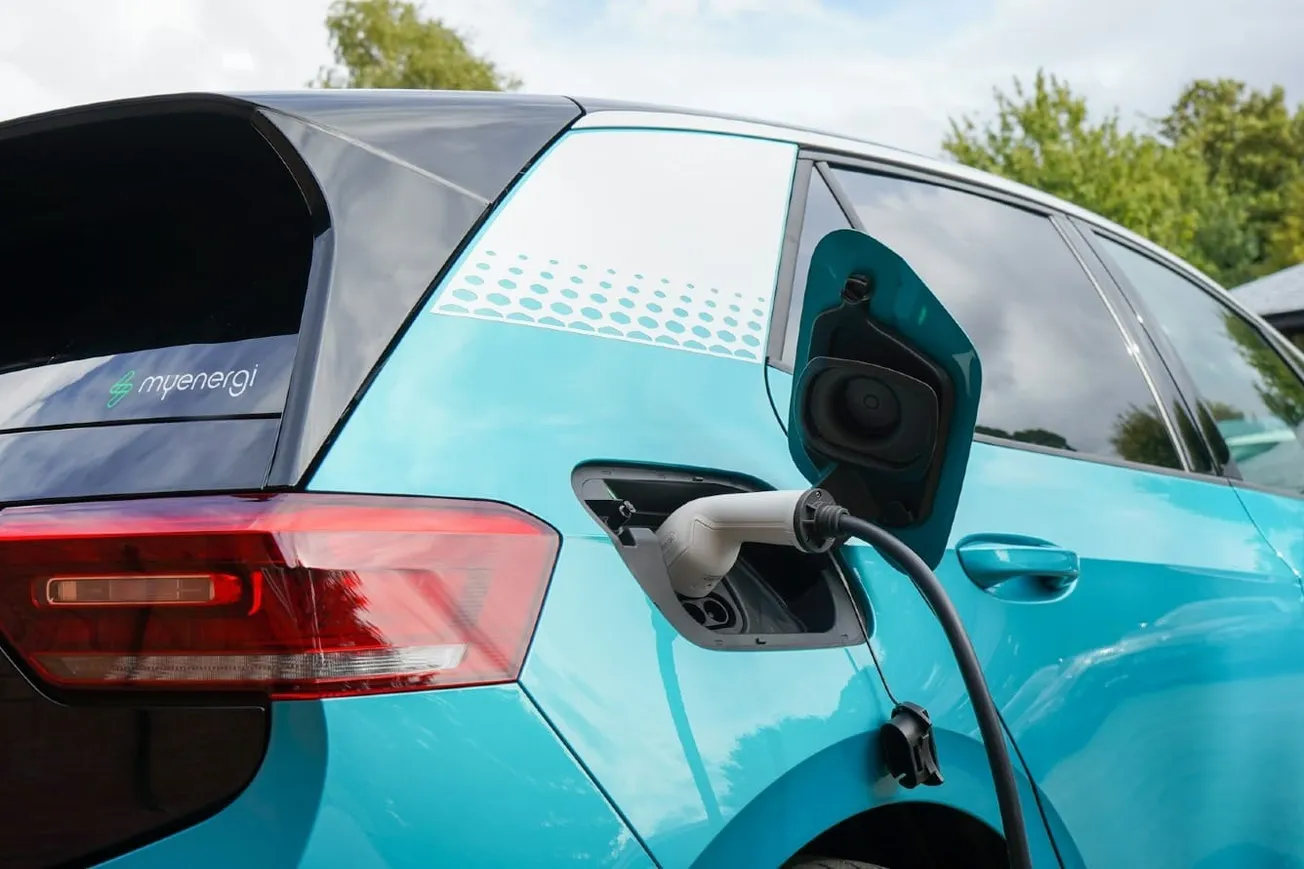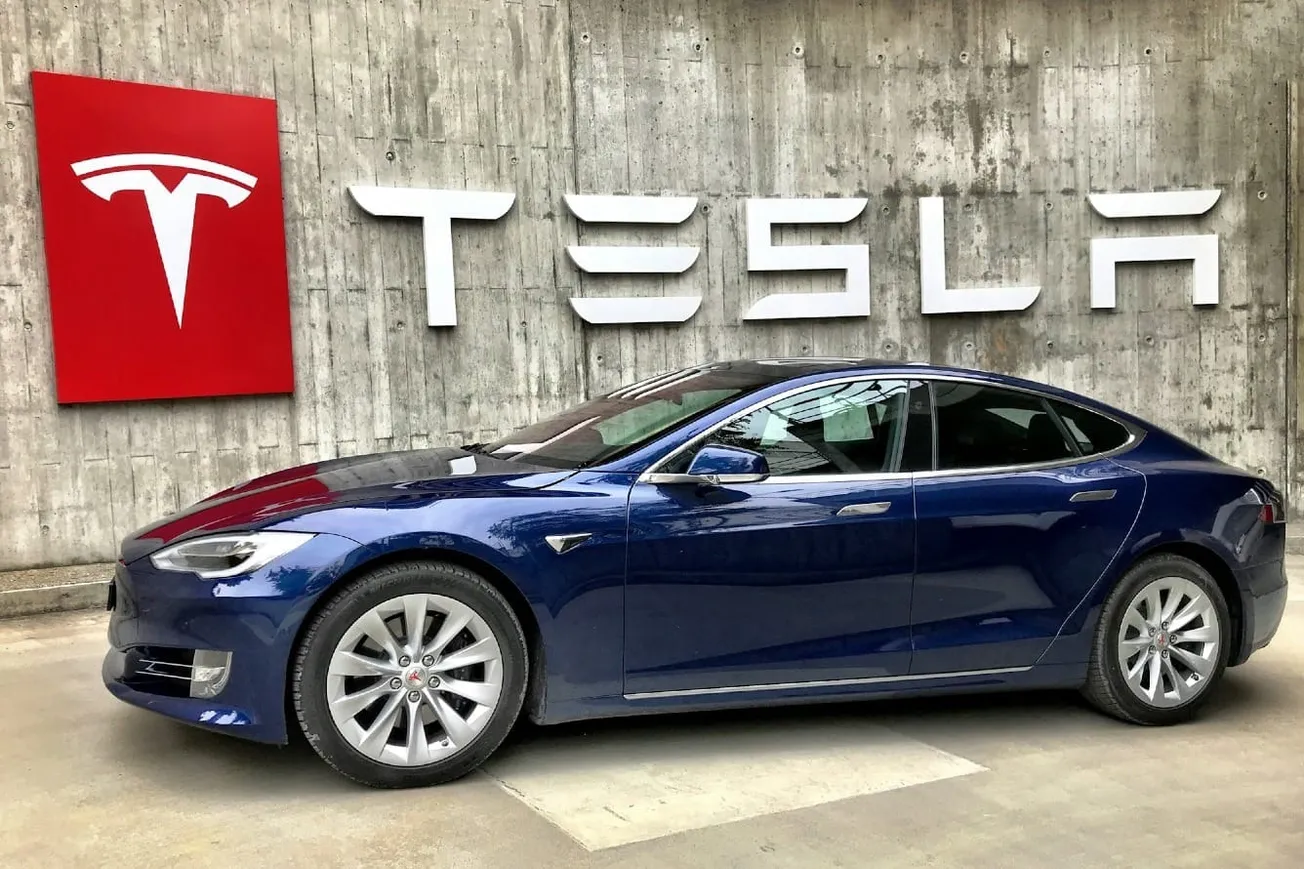Three California residents last week filed a lawsuit against Tesla for what they claim is false advertising over the car’s range. But why stop at Tesla? And why just sue over false claims about range when every other claim about EVs is also a lie?
The lawsuit comes in the wake of a Reuters report contending that Tesla had been goosing the range displayed on its dashboard and created a “diversion team” to deal with all the customer complaints about faulty batteries.
The filing claims that “Had Tesla honestly advertised its electric vehicle ranges, consumers either would not have purchased Tesla model vehicles, or else would have paid substantially less for them.”
But this isn’t new news. There have been several reports over the years about the wildly inflated EV range claims.
A little over a year ago, Forbes published an article detailing how the advertised range of EVs was often way off.
“I’ve been road testing electric cars regularly for more than two years now, and not once has a battery-only vehicle met the claimed capacity for its battery,” wrote senior contributor Neil Winton. “The average shortfall is close to 20%.”
Tesla actually did better in his tests than some of the other EVs.
A report from Car & Driver last August found that only three cars it tested did better than the official EPA range estimate. Tesla’s Model S is supposed to go 348 miles on a charge but only made it 280 miles. Ford’s electric F-150 came up 70 miles short of its reported 300-mile range.
SAE International studied the performance of 21 EV models this year and found that, on average, the cars’ range was inflated by 12.5%. “Most (EVs) tested to date fall short of both their electric consumption and range label values,” the report finds. EVs, it turns out, do worse on long-distance trips than urban short hauls because constant braking helps recharge their batteries.
The real-world range of EVs is even worse than these studies show because, unlike with gas-powered cars, weather can dramatically reduce an EV’s range.
Consumer Reports tested how well EVs performed in different weather conditions and “found that cold weather saps about 25% of range when cruising at 70 mph compared with the same conditions in mild weather. In the past, we found that short trips in the cold with frequent stops and the need to reheat the cabin saps 50% of the range.”
For example, Ford’s Mustang Mach-E, which is supposed to get 270 miles on a charge, could manage only 188 miles in the cold. Tesla’s Model Y, which has an official range of 326 miles, went just 186 miles in the cold.
Another report shows that battery performance deteriorates when outside temperatures get above 86 degrees.
Then there’s the fact that carmakers recommend owners charge their cars to only 80% capacity – to extend battery life – which cuts even more deeply into the real-word range of EVs.
Bad as this flagrant false advertising is, it’s just the tip of the EV deception iceberg.
EVs are sold as “zero emission” vehicles. That’s a lie. They just shift emissions to the power plants that generate the electricity needed to recharge them.
They are advertised as Earth friendly. They are, in fact, environmental rapists, as we’ve pointed out in this space. And repressive countries such as China and Congo use slave labor to mine minerals needed to make the batteries.
We’re told they will help combat global warming. That’s, at best, a stretch, since battery production is massively carbon-intensive. They’re supposed to be cheaper to operate than gas-powered cars. They can cost more.
Imagine if carmakers were caught wildly exaggerating the fuel economy of their gas-powered cars. And caught making false claims about their environmental benefits. And hiding the massive human rights violations involved in building them.
There’d be protests in the street and federal investigations. CEOs would be hauled before congressional committees for public lashings. The companies would face massive lawsuits and multi-billion-dollar government fines.
The only reason none of this is happening with EVs is because nobody wants to anger the Climate Change gods. So, bad news about EVs rarely gets reported. Their flaws – such as the tendency to burst into uncontrollable fireballs – get brushed under the rug. And absolutely nobody wants to acknowledge that we are flushing billions of dollars in tax subsidies down an EV pipedream.
No. We’re all expected to keep our heads down and do what we’re told to do and buy what we’re told to buy … for the sake of the planet.
So, we say, bring on the class-action suits – against all EV manufacturers and for all the ways they are conning people into buying them.
— Written by the I&I Editorial Board









